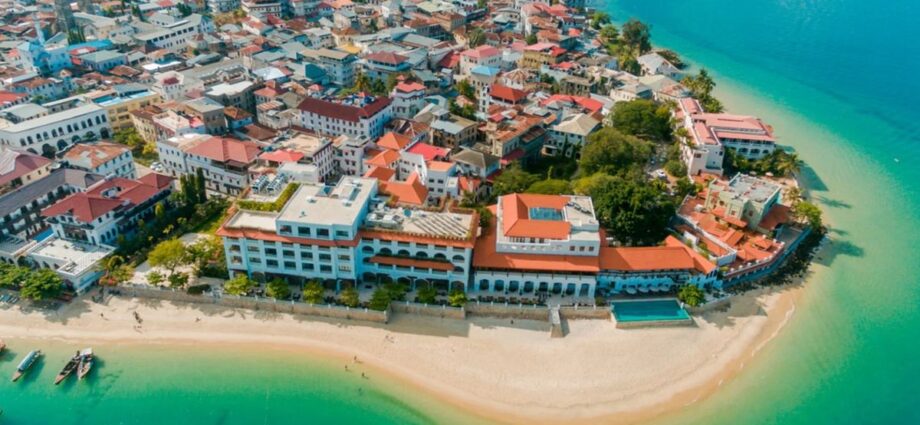Dar es Salaam. Just two days before Tanzania celebrates 60 years of unification between Tanganyika and Zanzibar to form a United Republic, a parliamentarian hailing from the isles has ignited a debate that threatens the Union.
Konde Constituency Member of Parliament, Mohammed Said Issa, has sparked a debate on both sides of the Union by suggesting that the government reinstate the use of passports for mainland Tanzanians crossing to Zanzibar.
The Immigration Act of 1972, which required passports for this purpose, was repealed in July 1995. Currently, only foreign nationals are required to present their passports at entry points in Zanzibar, such as airports and seaports.
Mr. Issa, without providing supporting figures, argued that this move is necessary to protect the islands of Zanzibar by managing the influx of people, which has reached a point where housing is becoming scarce.
He was speaking during a parliamentary session in Dodoma while contributing to the Estimates of Revenue and Expenditure of the Office of the Vice President of the Union and Environment, where he emphsising that Zanzibar is a small place and therefore must be protected.
“I disagree with the issue of not protecting the islands now. Zanzibar has become overcrowded, and as we continue, people will lack places to live. I commend Karume for building those long buildings because he wanted everyone to live because Zanzibar is very small. That is why I am for the idea that those crossing should use a passport,” he said.
The MP did not, however, clarify if this envisioned requirement should apply to Zanzibaris who cross over to Mainland Tanzania or whether all those who cross over to Zanzibar go there in search of settlements.
The MP’s statement has enraged citizens on social media, where some have referred to Mr Issa’s utterances as reckless and shortsighted.
“I am not sure whether this is what the people from Konde sent that MP to do in Parliament, he would rather be dabating serious matters that affect his people,” wrote Omar Said on X (formerly Twitter).
One other social media user said the MP’s statement was self-defeating in many ways, for it would further complicate relations between the two sides.
“There is every indication that the MP does not see certain things in a wider picture. The very reason why the two nations united was to ease the movement of people; now, with his desire to reinstate a requirement that was repealed almost three decades ago, he would be moving several steps backwards,” wrote Anthony Mushi.
Another user on Facebook who identified herself as Amina Ali from the Mombasa area, Unguja, said the minister should have been debating on core issues that affect the union instead of indulging himself in petty issues that have no place in today’s world.
“I thought this whole issue was solved by the issuance of the national ID; we should focus on issues that bind us together instead of these separatist sentiments,” she wrote.
On his part, the Minister responsible for Union Affairs, Dr. Selemani Jafo, said that the proposal to reintroduce the requirement for mainland Tanzanians to enter Zanzibar with a passport is regressive.
“My brother, when he mentioned why people shouldn’t enter Zanzibar with a passport, I said, ah! brother, that’s a good idea, but you want to take us backward.”
“In this process, during the second phase government under the late Mzee Mwinyi (Ali Hassan Mwinyi),and Zanzibar under President Dr. Salmin Amour, it was discussed, and it was seen as an inconvenience,” said Dr. Jafo.
Dr. Jafo echoed sentiments that this goes against the original intentions of the Tanganyika-Zanzibar Union established 60 years ago.















